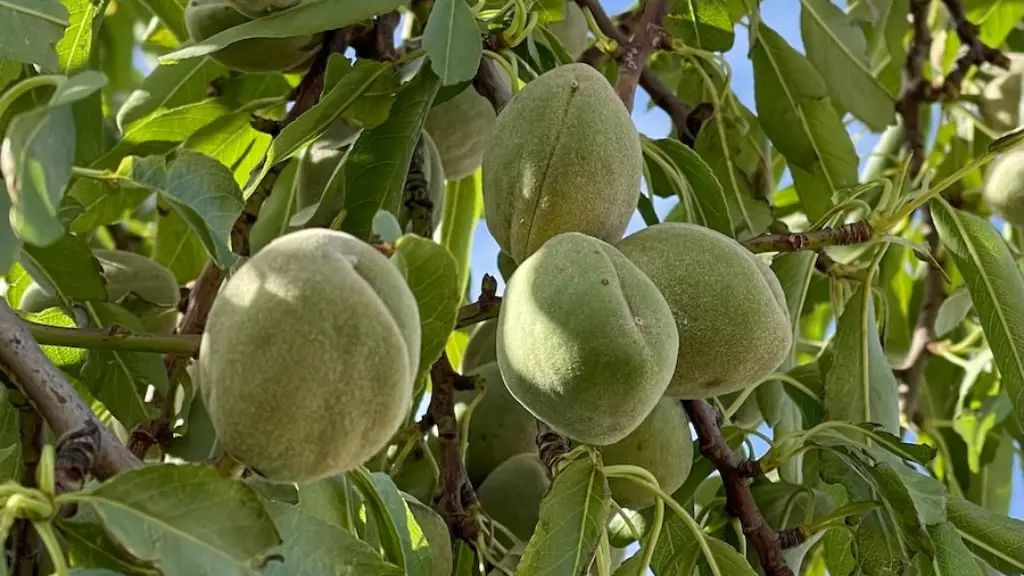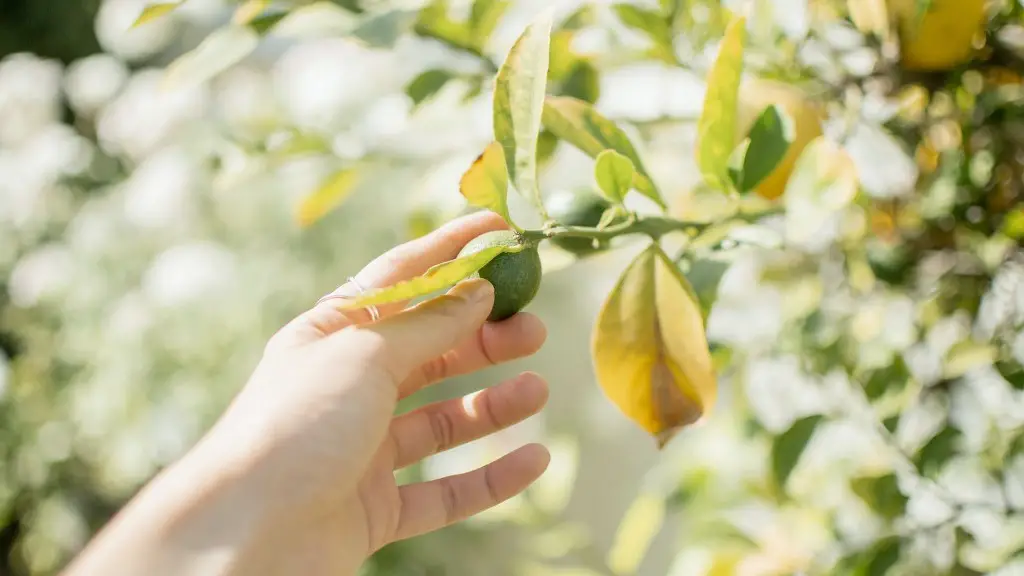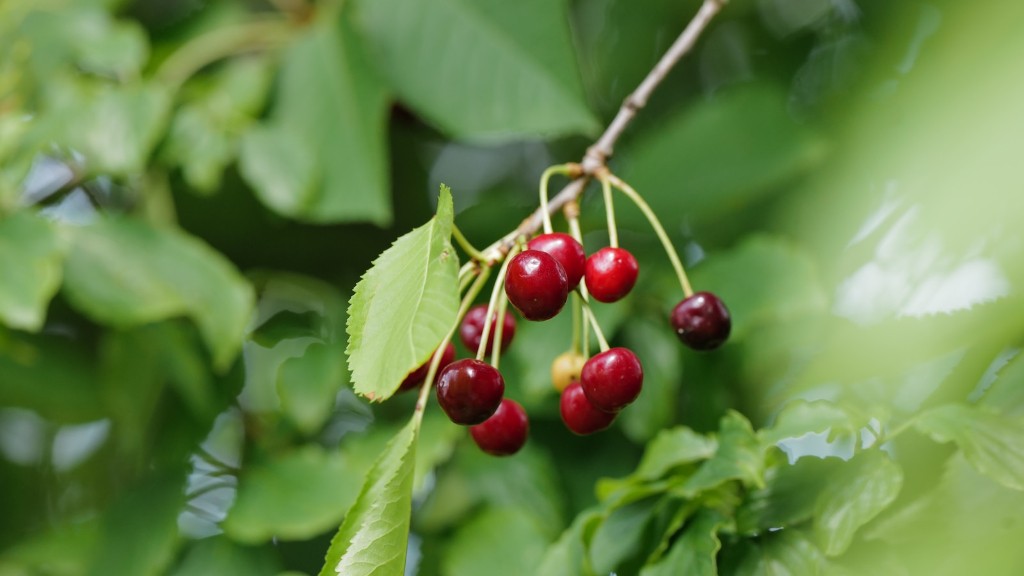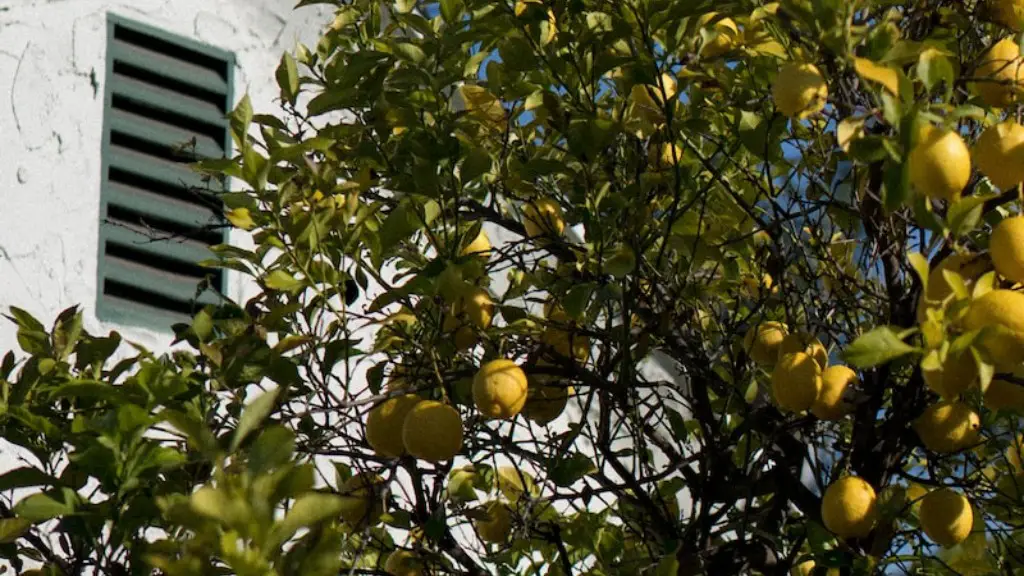Avocado trees are a popular type of fruit tree that many people have in their gardens. But does it take more than one avocado tree to produce more fruit? It’s an important question for gardeners and farmers alike who want to get the most out of their trees.
An avocado tree can produce a harvestable crop on its own; however, the amount of avocado that can be harvested from a single tree is often limited. Studies have shown that by planting two or more compatible avocado varieties next to each other, the harvest can be significantly increased.
According to research from New Mexico State University, planting multiple, compatible varieties of avocado trees next to each other can improve the quality of fruit and increase the yield by more than 50%. This research has been corroborated by other studies conducted in Florida and California.
The most common way to increase the yield of an avocado tree is through the use of cross-pollination. While some varieties of avocado can self-pollinate, planting two different varieties together can often lead to more and larger fruit. Different varieties of avocado contain different genetic material which can often lead to new and improved fruit.
It’s important to note, however, that not all avocado varieties are compatible with one another. Careful consideration should be taken when selecting two varieties to plant next to each other. Talk to a knowledgeable professional or do some research online to determine which varieties are compatible.
Another option for increasing the yield of avocados is to prune the tree. Pruning can help maintain the health of the tree, as well as reduce the amount of shading from the branches, which helps the fruit to ripen faster. Careful and judicious pruning can have a dramatic effect on the amount of fruit a tree produces.
In addition to pruning and planting multiple compatible varieties, there are also other factors to consider when looking to increase the yield from an avocado tree, including irrigation, fertilization, and pest management. Working with a professional arborist or horticulturalist can be helpful in this regard.
Location And Climate
The location and climate of where the tree is planted can also have an impact on the yield. Avocado trees require a warm, tropical environment in order to produce an abundance of fruit. If the tree is planted in a cooler climate, the yield will likely be significantly lower.
Avocado trees also require plenty of sunlight in order to produce abundant fruit. If the tree is planted too far away from the sun, it may not produce as much as it could in a more ideal location.
Finally, it’s important to provide the tree with plenty of nutrients and water. Avocado trees are quite sensitive to drought and can be quickly damaged by nutrient deficiencies.
Special Care
Taking special care of an avocado tree can help to ensure it produces an abundance of fruit. Mulching and using organic fertilizers can help maintain the health of the tree, as well as improve the quality of the fruit.
As avocados are broad, shallow-rooted plants, they require regular watering in order to reach the water table. Failure to provide adequate irrigation could lead to a decrease in fruit production. In addition, it’s important to make sure the tree is not too moist or too dry.
Avocado trees also require plenty of pruning in order to maintain their shape and size. Pruning can help to remove any dead or diseased branches, as well as encourage new growth. Additionally, pruning can help prevent the tree from becoming overgrown and can help the fruit to ripen faster.
Fertilizing
Fertilizing an avocado tree is an important step in maintaining the vigor and health of the tree. Organic fertilizers, such as compost, can help to provide the tree with necessary nutrients, like nitrogen, phosphorus, and potassium. Fertilizers can also help prevent the tree from any nutrient deficiencies, which can lead to a decrease in fruit production.
It’s important to note, however, that fertilizers can be damaging to avocado trees if used too heavily. Too much fertilizer can cause the leaves to yellow and can kill the tree. It’s best to use organic fertilizers and to follow the instructions on the package carefully.
In addition to fertilizing, it’s important to inspect the tree regularly for any insect or disease problems. Most avocado trees will require some form of pest management in order to keep the tree healthy and to ensure it produces an abundance of fruit.
Harvesting
Avocado trees can take several years to produce a harvestable crop, so patience is key. When the time comes to harvest the fruit, it’s important to do so carefully. Avocado trees can produce fruit that is either green or brown in color. Brown fruit is usually ripe and ready for harvest, whereas green fruit requires additional time in order to ripen.
Care must also be taken when harvesting the fruit, as ripe avocados can be easily bruised or damaged during the process. It’s important to make sure the fruit is harvested carefully and to handle it with care. Otherwise, the quality of the fruit can be adversely affected.
Storage
Once the fruit is harvested, it needs to be stored properly in order to preserve its freshness. Avocado fruits can be stored in the refrigerator for up to one week; however, if the fruit is not eaten within that time frame, it should be frozen for later use.
When storing avocados, it’s important to keep them separate from other fruits. This is because avocados can produce ethylene gas, which can speed up the ripening process of other fruits. This can lead to a decrease in quality of the entire batch of avocados.
Uses
Avocados are a popular and versatile fruit with many uses. They can be eaten raw or cooked, and can be used in a variety of recipes, including salads, sandwiches, smoothies, and baked goods. Avocados can also be used to make dips and dressings, or they can be mashed and used as a topping on toast or tacos.
Avocados are a great source of healthy fats, vitamins, and minerals. They can help to reduce cholesterol levels and improve heart health, as well as provide a variety of other health benefits. As such, they are a wonderful addition to any diet.




